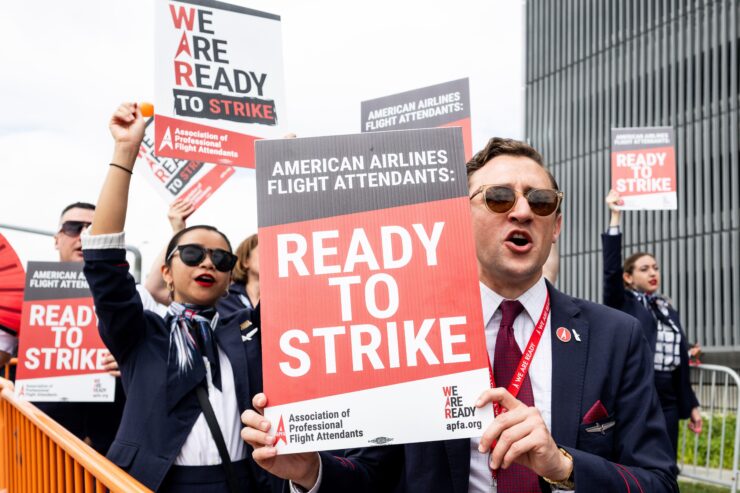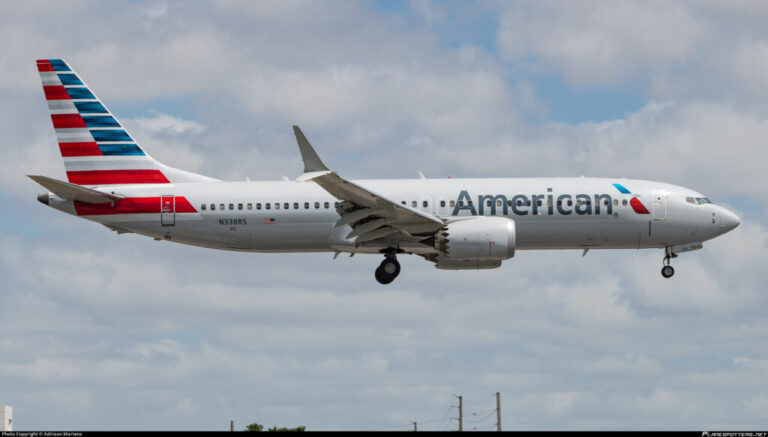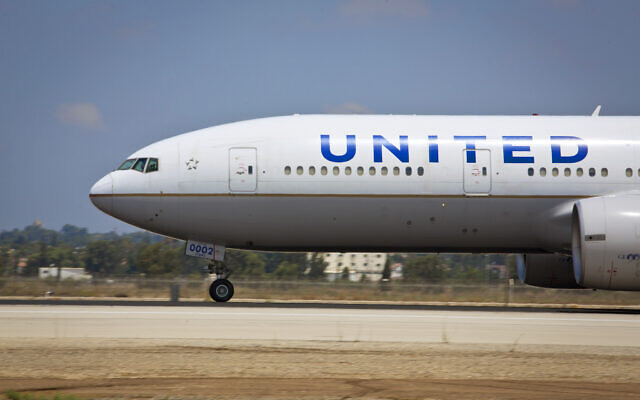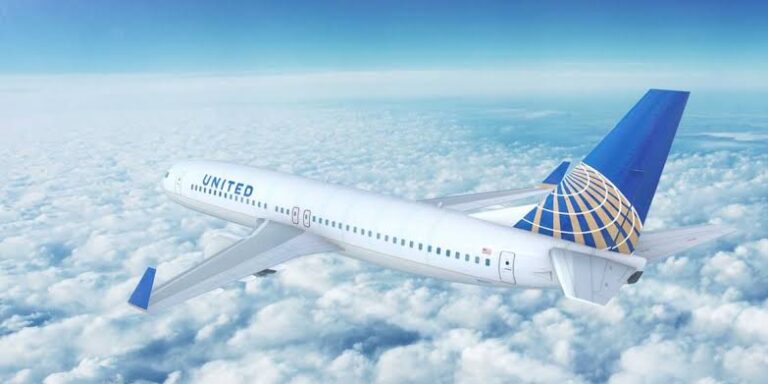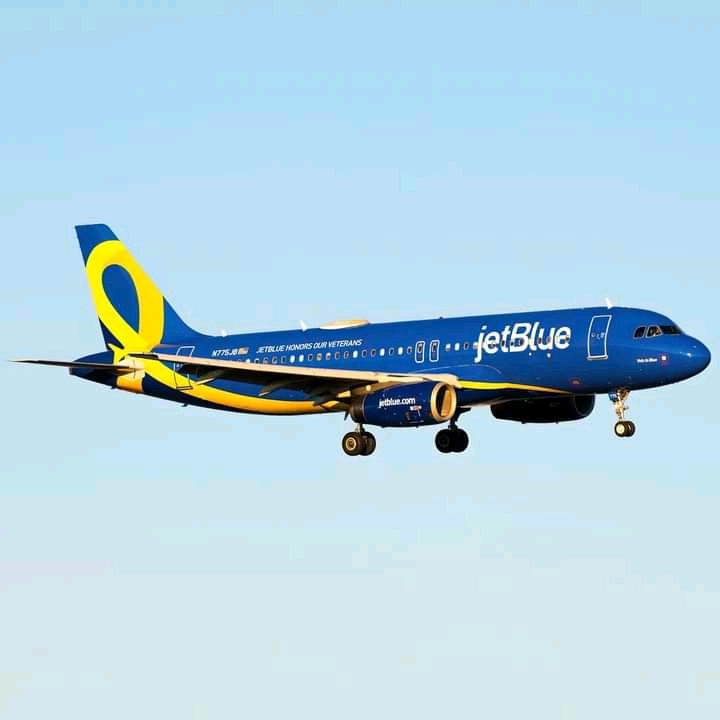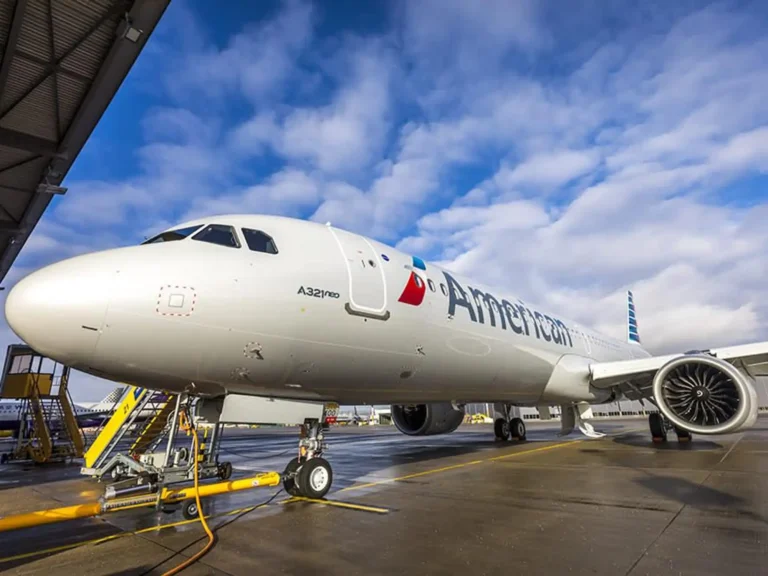Some American Airlines Flight Attendants Don’t Want One of the Biggest Achievements in Their Hard Fought Tentative Contract Agreement
flight attendants at American Airlines have been asking their union why they can’t just receive ‘boarding pay’ as regular wages in a surprise setback for the Association of Professional Flight Attendants (APFA) who said they have “beaten the company up” to secure boarding pay for all flight attendants.
After more than five years of tough negotiations and countless threats of strike action, American Airlines and APFA finally reached a tentative contract agreement earlier this month and now attention turns to convincing flight attendants that the deal is the very best that can be secured.
Until now, flight attendants at American Airlines have never been paid during boarding – an oddity which is particularly surprising given that boarding can be one of the most stressful and resource-intensive times during an entire flight.Instead, flight attendants have been paid an hourly wage from the moment the aircraft pushes back from the gate until the plane arrives at the gate at its destination.
One of the main issues with this way of paying wages is that it unfairly disadvantages junior crew members who often have to work multi-sector days in which a large part of their working day could be spent boarding and deplaning passengers.
Securing boarding pay was seen as a major priority for the union in this contract negotiation, and APFA says that flight attendants had “provided clear direction” that boarding pay was sorely needed.But now that boarding pay has been written into the tentative agreement, some flight attendants are questioning whether it is needed. In fact, so many crew members have contacted the union about their opinions on the issue of boarding that APFA has needed to address their concerns directly.
“It is our job as trade unionists to advance our profession and to make it better for the next generation,” the union told its members in a memo – what could be interpreted as a dig as senior flight attendants who are less likely to benefit from boarding pay when they mainly work long-haul premium flights.
“We benefited from our predecessors who fought for and won rigs and other contract provisions,” the memo continued. “They understood that a strong contract is not just about pay rates but work rules. Here, we have to do our part in the longstanding fight to make sure Flight Attendants are paid for all the work we perform.”
The memo added: “The reality is that our wage increases plus the boarding pay will increase our basic compensation on average by 26% to 28%. Placing all that money in the wage rates would have been easier to explain, but just because it is easier does not make it right.”
Boarding pay will be paid at 50% of the normal hourly wage, which is the same rate as at Delta Air Lines – the first US carrier to offer its flight attendants boarding pay back in 2022.
As an example, a new hire flight attendant will receive nearly $9 for boarding a single-aisle aircraft under the terms of the negotiated tentative agreement, while a senior crew member could earn as much as $34 for boarding on a widebody aircraft bound for an international destination.
The union which represents flight attendants at United Airlines wants its members to be paid for every minute they are at work, but ongoing contract negotiations remain fraught and flight attendants at the Chicago-based carrier are set to take part in a strike authorization vote due to the slow pace of bargaining.
APFA has also indicated that it would like to see flight attendants at American Airlines paid for every minute they are at work, but the union says this must be built upon in future contract negotiations.
American Airlines Flight Attendants Seek Boarding Pay in New Contract Negotiations
Flight attendants at American Airlines have been actively questioning their union, the Association of Professional Flight Attendants (APFA), about the specifics of receiving ‘boarding pay’ as part of their regular wages. This development has created a surprising setback for APFA, which had worked hard to secure this benefit during contract negotiations. The union had spent more than five years negotiating and threatening strike action before finally reaching a tentative agreement with American Airlines earlier this month. Now, the focus has shifted to convincing flight attendants that the deal is the best possible outcome.
Historically, flight attendants at American Airlines have not been paid during the boarding process. This practice is particularly surprising given that boarding can be one of the most stressful and demanding parts of a flight. Instead, flight attendants are paid an hourly wage starting from the moment the aircraft pushes back from the gate until it arrives at the destination gate. This system of payment unfairly disadvantages junior crew members, who often work multi-sector days and spend a significant portion of their working hours boarding and deplaning passengers without compensation.
Securing boarding pay was a top priority for APFA during the contract negotiations. The union claimed that flight attendants had clearly communicated the necessity of boarding pay. However, now that boarding pay is included in the tentative agreement, some flight attendants are questioning its necessity. The volume of inquiries from crew members regarding this issue has prompted APFA to address their concerns directly.
In a memo to its members, the union emphasized its responsibility to improve the profession and support future generations of flight attendants. This message seemed to address senior flight attendants who might not benefit as much from boarding pay due to their preference for long-haul premium flights. The union highlighted that past generations of flight attendants fought for important contract provisions and work rules, and it is now their turn to ensure that all work performed by flight attendants is compensated fairly.
The memo continued by explaining that the combination of wage increases and boarding pay would result in an average increase in basic compensation of 26% to 28%. Although including all the money in wage rates might have been easier to explain, the union argued that it would not have been the right approach. Boarding pay is set at 50% of the normal hourly wage, similar to the rate at Delta Air Lines, which became the first US carrier to offer boarding pay to its flight attendants in 2022.
For example, a new hire flight attendant at American Airlines will receive nearly $9 for boarding a single-aisle aircraft under the terms of the tentative agreement, while a senior crew member could earn up to $34 for boarding a widebody aircraft bound for an international destination. These figures demonstrate the tangible benefits of the new boarding pay policy for flight attendants at different career stages.
The union representing flight attendants at United Airlines is also pushing for their members to be paid for every minute they are at work. However, ongoing contract negotiations have been challenging, and United Airlines flight attendants are preparing for a strike authorization vote due to the slow pace of bargaining. APFA has similarly expressed a desire for American Airlines flight attendants to be compensated for all working minutes, but acknowledges that this goal must be pursued in future contract negotiations.
The broader context of these negotiations highlights a shift in the aviation industry towards recognizing the full extent of flight attendants’ work. Traditionally, boarding has been considered part of the pre-flight duties, which were not explicitly compensated. This oversight fails to acknowledge the critical role flight attendants play in ensuring a smooth and safe boarding process, handling passenger queries, assisting with luggage, and managing the overall flow of passengers onto the aircraft.
The new tentative agreement with American Airlines represents a significant step forward in addressing these concerns. By including boarding pay, APFA has managed to secure a form of compensation that acknowledges the additional responsibilities and stress associated with the boarding process. This change is expected to benefit junior flight attendants the most, as they are often assigned to multi-sector flights that involve multiple boarding and deplaning processes within a single workday.
Nevertheless, the union must now focus on educating its members about the benefits of the new agreement and addressing any lingering concerns. Some flight attendants may still prefer to see all compensation reflected in their hourly wage, as it simplifies the pay structure and is easier to understand. The union’s challenge is to convey that the combination of wage increases and boarding pay is a more comprehensive approach to ensuring fair compensation for all aspects of their work.
Looking ahead, APFA and other flight attendant unions may continue to push for further improvements in compensation structures. The goal of securing pay for every minute worked, including pre-flight and post-flight duties, remains a priority for many in the profession. As the industry evolves and the role of flight attendants becomes increasingly recognized, these efforts are likely to gain more support.
In conclusion, the inclusion of boarding pay in the tentative agreement between American Airlines and APFA marks a significant achievement in the ongoing efforts to ensure fair compensation for flight attendants. While some crew members may question the need for boarding pay, the union has emphasized the importance of advancing the profession and supporting future generations. By securing boarding pay, APFA has taken a crucial step towards recognizing the full scope of flight attendants’ responsibilities and ensuring they are compensated for all the work they perform.
